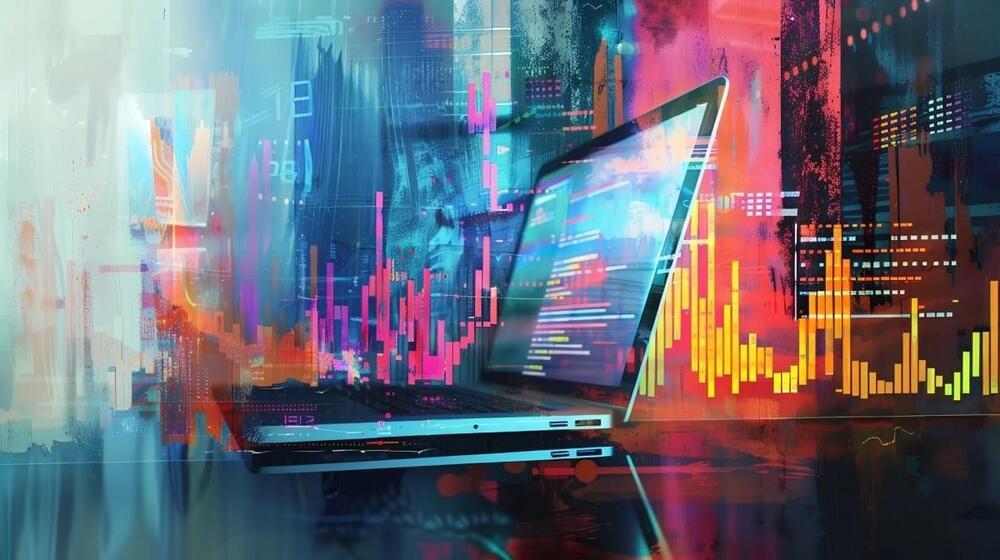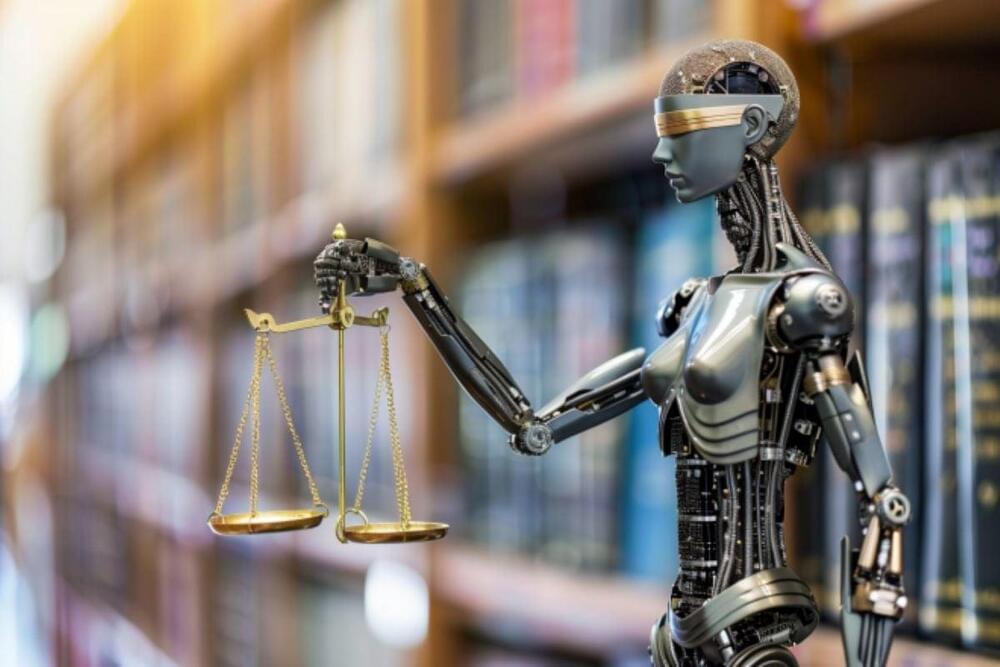
Because I am often introduced as a “professional skeptic,” people feel compelled to challenge me with stories about highly improbable events. The implication is that if I cannot offer a satisfactory natural explanation for that particular event, the general principle of supernaturalism is preserved. A common story is the one about having a dream or thought about the death of a friend or relative and then receiving a phone call five minutes later about the unexpected death of that very person.
I cannot always explain such specific incidents, but a principle of probability called the Law of Large Numbers shows that an event with a low probability of occurrence in a small number of trials has a high probability of occurrence in a large number of trials. Events with million-to-one odds happen 295 times a day in America.
In their delightful book Debunked! (Johns Hopkins University Press, 2004), CERN physicist Georges Charpak and University of Nice physicist Henri Broch show how the application of probability theory to such events is enlightening. In the case of death premonitions, suppose that you know of 10 people a year who die and that you think about each of those people once a year. One year contains 105,120 five-minute intervals during which you might think about each of the 10 people, a probability of one out of 10,512 — certainly an improbable event. Yet there are 295 million Americans. Assume, for the sake of our calculation, that they think like you. That makes 1/10,512 × 295,000,000 = 28,063 people a year, or 77 people a day for whom this improbable premonition becomes probable.
















